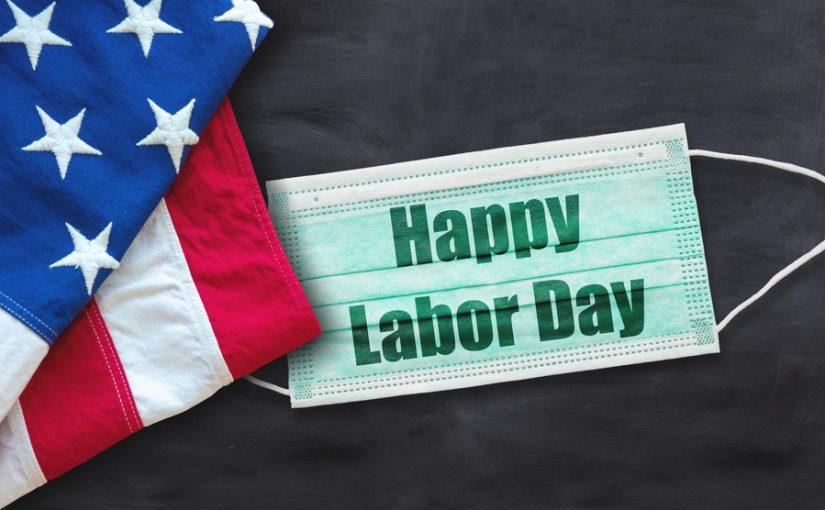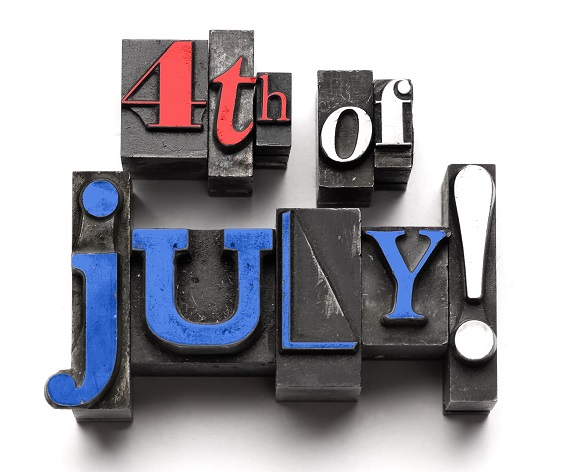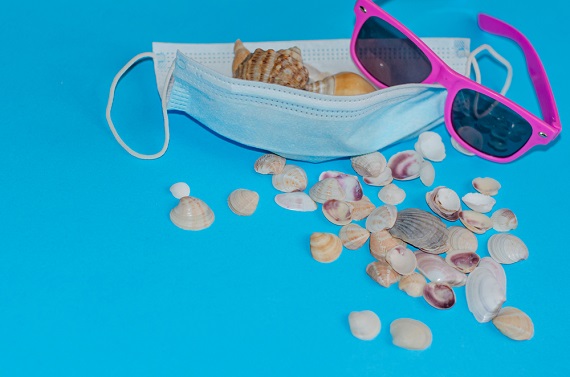Things are looking much more positive and festive in New England for July 4 than they were a month ago for Memorial Day, but Covid19 is still looming so we all still need to be safe and careful. We worked hard to bring our numbers down, but we can see from some other parts of the country, things can spiral downward quickly if we don’t keep our guard up.
But you can still celebrate and enjoy the holiday. We’ve gathered some ideas and guidelines for how to have fun this Fourth of July!
The state of the states
Can you take day trips or weekend trips to adjoining New England states? See Northeast: Coronavirus-Related Restrictions By State for summaries, or we have state travel information below.
- This week in Massachusetts, the Governor exempted travelers from nearby states from the 14-day self-quarantine advisory. This includes both those arriving and returning visitors from Rhode Island, Connecticut, Vermont, New Hampshire, Maine, New York, and New Jersey due to declining coronavirus rates in those states. Massachusetts also announced its first day of zero new coronavirus deaths for the first time in months.
- Vermont has a smart approach to those visiting the state. Residents of any county with less than 400 active cases of COVID-19 per one million residents are now eligible for quarantine-free leisure travel. The Agency will update the map each Friday identifying quarantine and non-quarantine counties throughout the Northeastern United States. See VT Cross State Travel Information.
- Traveling in or out of Connecticut – The state maintains a list of states that would require a 14-day self-quarantine. See a list of permitted activities.
- Maine Travel Resources: Covid19 – requires signed documentation that you either tested negative within 72 hours or that you self-quarantine for 14 days or the duration of your stay.
- COVID-19 Updates from NH Travel & Tourism – requires signed documentation that you self-quarantined for two weeks prior to arrival or will do so on arrival.
- Rhode Island recently move to Phase 3 – see guidelines for travelers.
Virtual Holiday fun
If you plan to stick close to home, the New York Times offers some fun ways to mark the holiday virtually in Honor America’s Birthday (Safely) in 2020.
- They tell you how to enjoy televised NY fireworks, The Boston Pops and DC’s “A Capital Fourth.”
- They suggest several patriotic virtual tours such as The Statue of Liberty, Philadelphia’s Independence National Historical Park and other historic sites.
- They offer a list of patriotic streaming movies, including a live recording of Hamilton on DisneyPlus.
The Washington Post also lists some holiday-related events, among them some real-world events in the capitol region and some televised and online events holiday events, such as July 4 at the National Archives, Wolf Trap Foundation for the Performing Arts concerts, and an online ‘We the People’ Concert and Tribute at Washington National Cathedral, along with other virtual concerts.
Walking, Biking, and Hiking New England
Outdoor activities are among the safest things we can do. Fortunately, here in New England, we have beautiful scenery. Here are some suggestions:
Entertaining at home
Here are a few helpful guides:
We’ve also summarized some tips for both hosts and guest that were suggested by various guides and health experts
- Check in with invited guests in advance about any concerns they have. Let them know “the rules’ so they feel comfortable and will respect your wishes. For example, rules about social distancing, what they should bring (their own beverages) or shouldn’t bring (shared food dishes, unannounced guests) and any bathroom rules, such as flushing with seat down.
- Respect boundaries if people decline an invitation. Don’t take things personally.
- Know your local guidelines about gathering sizes, but all experts agree: smaller is safer – and likely more comfortable for your guests.
- Maintain social distancing – measure the space on your deck or your yard in advance to see how many seats can be accommodated 6 feet apart and base guest numbers on that.
- Keep it outside. Have a plan to postpone if the weather turns bad and keep an eye on the weather.
- Wear masks when not eating.
- Wash hands frequently, bring / supply hand sanitizer.
- BYO beverage, or provide them in individual cans or bottles.
- Avoid shared plates, utensils, seasonings or condiments – things that people handle repeatedly.
- Use disposable plates, utensils, napkins and place at each seat.
- Avoid shared food dishes and plates. Provide individual servings.
- Clean and disinfect high-touch areas like doorknobs and bathrooms before, during and after the party.
- In bathrooms, provide paper towels, hand soap on the sink, disinfecting wipes.
Reprinted from Renaissance Alliance – no usage without permission.





